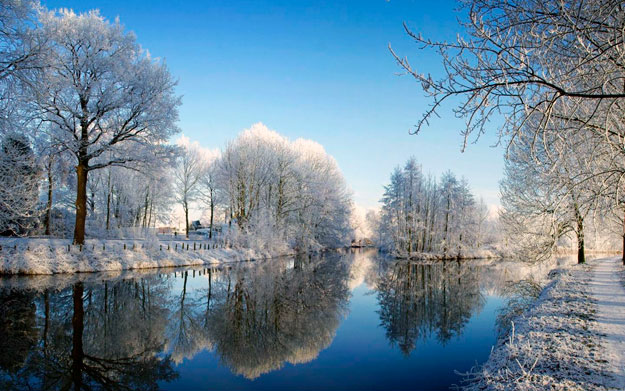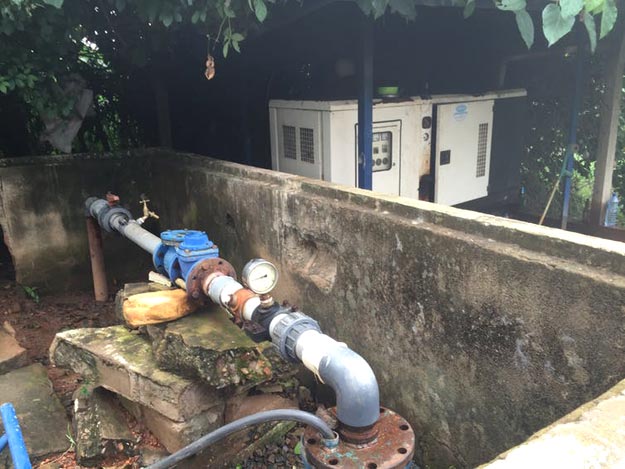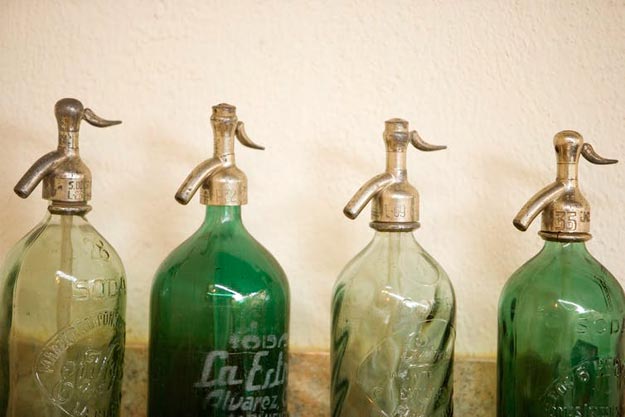An underground source of hot-rock energy may have the potential to produce low-cost fresh water, according to the University of Queensland’s Queensland Geothermal Energy Centre of Excellence.
The Centre’s research has found that Queensland has ample geothermal energy resources to power thermal desalination plants and provide clean water for small towns suffering from water shortages.
Centre Director Professor Gurgenci said the geothermal-powered desalination systems could play a pivotal role in helping ease the water crisis facing small towns.
“This may not be the solution for large-scale desalination needed for cities like Brisbane, but should have a significant contribution in smaller towns like Dalby and Maleny, which have recently experienced extreme water shortages,” he said. Read more












